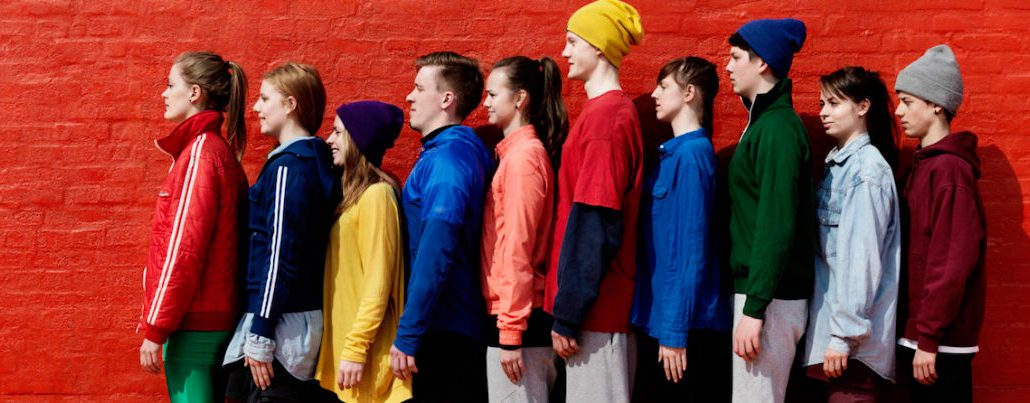Secure your place at the Digiday Publishing Summit in Vail, March 23-25

While many brands chase Gen Y with varying results, Yotel, one of the world’s fastest-growing hotel chains, is done with millennials.
The firm, started by Yo Sushi founders Simon Woodroffe and Gerard Greene in 2008, builds quirky capsule hotels targeted at “digital naturals” who are always online. Initially, that meant a younger clientele. But looking at data from Google Analytics and customer surveys, there’s nothing about Yotel’s customer profile (tech-savvy, independent travelers) that is age specific.
“We’re heading away from the age thing; those traditional demographics just don’t work any longer,” Fergus Boyd, Yotel’s digital and IT director, told Digiday ahead of his talk at Forrester’s Digital Transformation Forum. “The concept of millennials, as we say in the office, is so last year.”
The chain has five locations now, in Manhattan as well as airports in London, Amsterdam and Paris. While the capsule hotel label may conjure up images of businessmen stacked high, the brand’s 45 planned builds will target leisure travelers on city breaks rather than those seeking by-the-hour bookings near a runway.
So, rather than #adulting, the hotel has been working to snare these digitally oriented travelers with a seamless experience. For bookings, its site is now optimized for mobile and tablet users following a responsive makeover last year. The three-click checkout doubled conversions following the launch. Once guests arrive, they can use digital check-in desks in its lobby. Around 94 percent do. “They are not alienated by the fact there are no people here; it’s natural to them,” Boyd said.
This thinking also extends to its concierge service, Shaggy, which launched as a standalone app last year. Boyd says it is downloaded by a third of guests (the high-speed broadband helps) which equates to 100 people every day.
Boyd, who worked at Virgin Atlantic before joining Yotel, said most of the hotel industry is “a generation behind” airlines in its customer experiences. Only the big players like Hilton and Accor have their own app budgets — even as upstarts like Airbnb breathe down their necks.
“We embed digital as part of the core customer proposition, the physical product and the online journey,” Boyd said.
And while its products, developed by Yotel’s in-house design team, are designed to make the experience slicker, they also provide fodder for its social channels.
The Yobot, a robot that looks after guests’ luggage in its New York branch, features on its YouTube account, while its smart bed appears on Twitter. Most of its social content is created by the Yotel team, though time-consuming projects like video are outsourced to its agencies.
The brand also rewards users who share these selfie-worthy experiences with freebies like coffee. With new products in the works, future snaps may include table-waiting robots and Bluetooth room keys. The latter will appear inside its next hotel in Singapore, a hotbed of tech-savvy and connected consumers, who aren’t all young.
More in Marketing

Brands celebrate tariff reprieve, but fresh uncertainty looms
After the Supreme Court struck down Trump’s tariffs, brands welcomed the relief but say ongoing trade uncertainty and unanswered questions about refunds are keeping business decisions on hold.

The Rundown: Why YouTube has become key for brand GEO strategies
Brands hoping to improve their performance in zero-click search and LLM chatbot results are focusing on the video platform.

Can agencies fix the AI disconnect between the C-suite and marketing teams? Boathouse is trying to
As marketing teams struggle with a lack of strategy and tools according to research, Boston-based Boathouse has hired someone to fill that gap.





